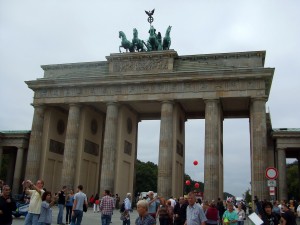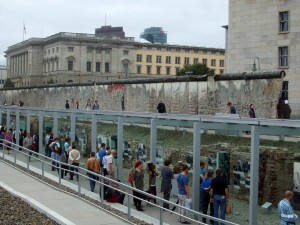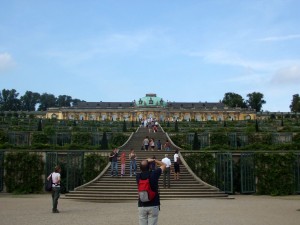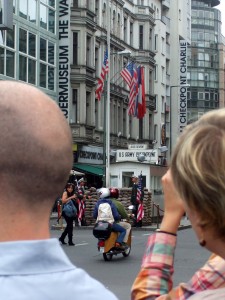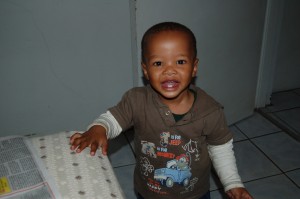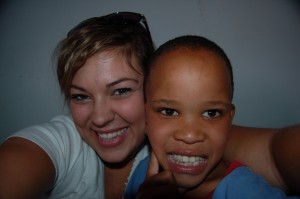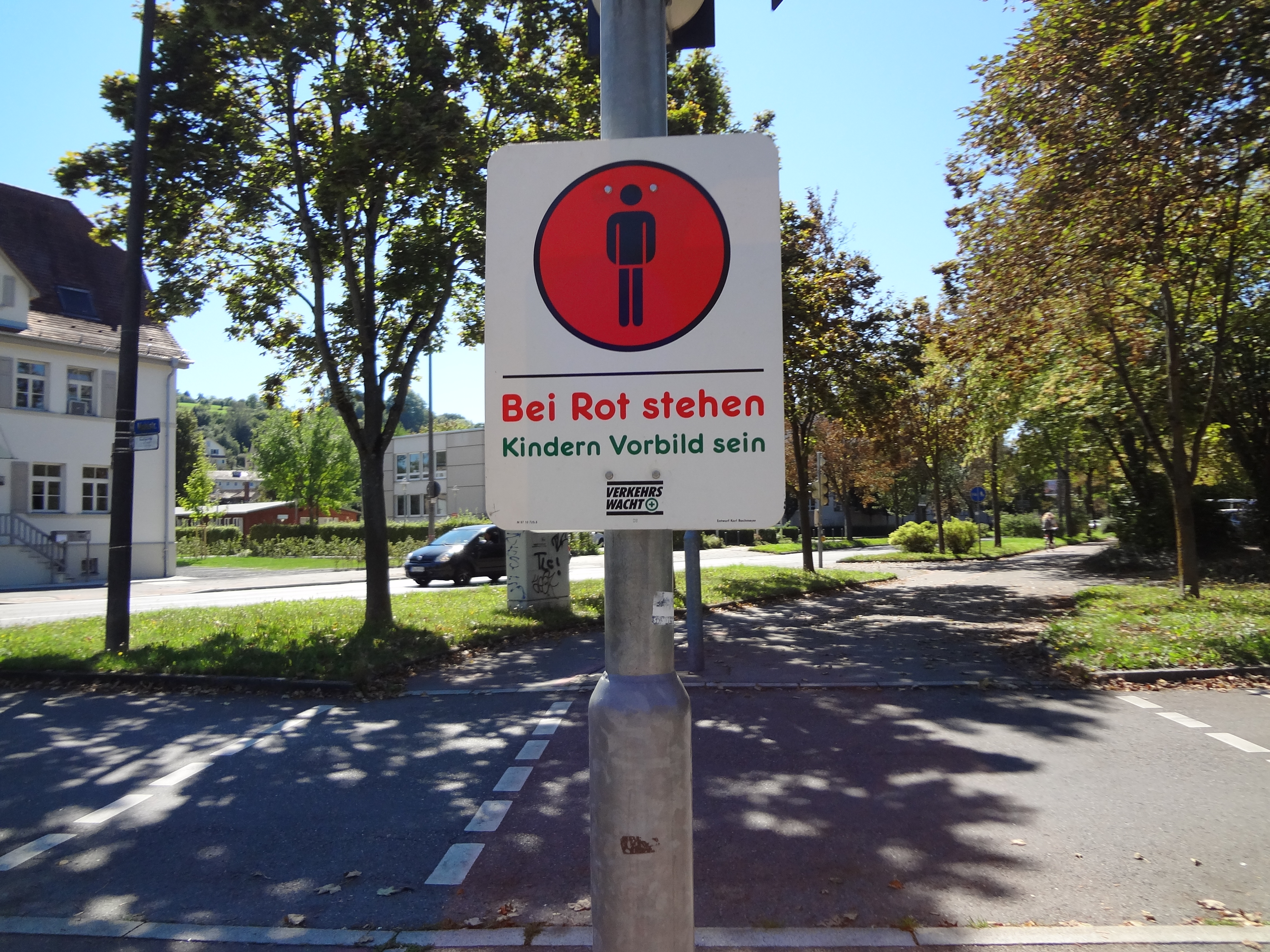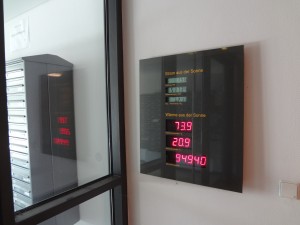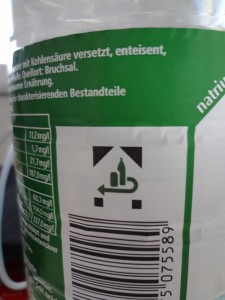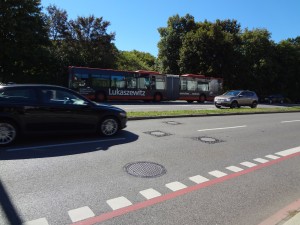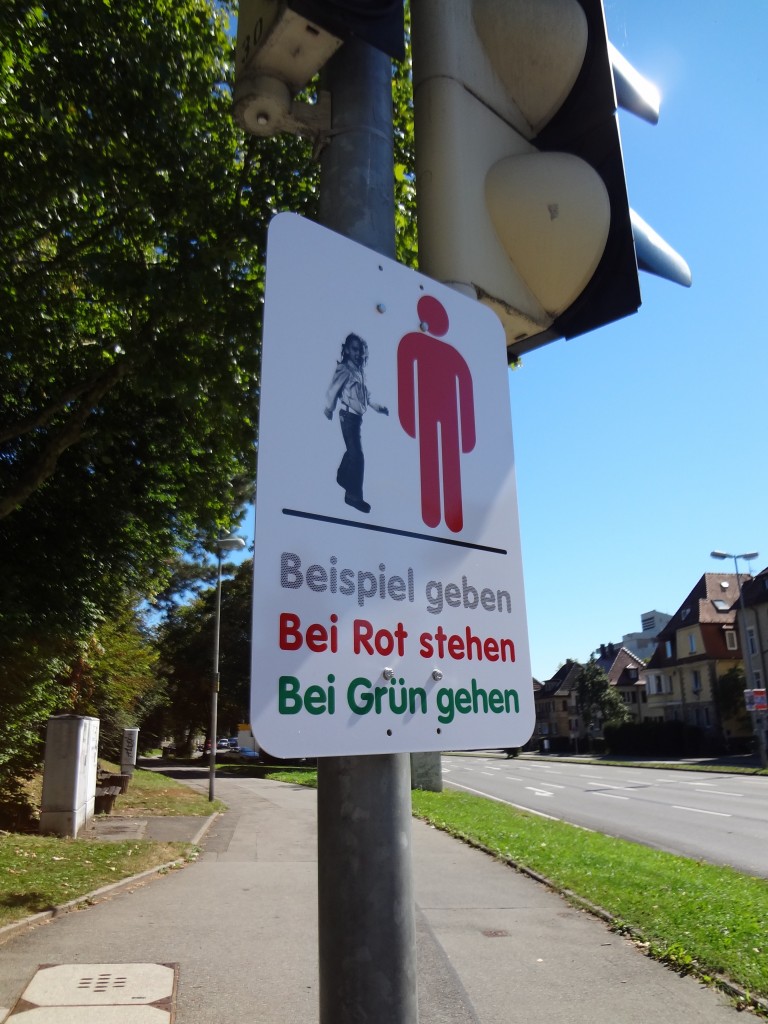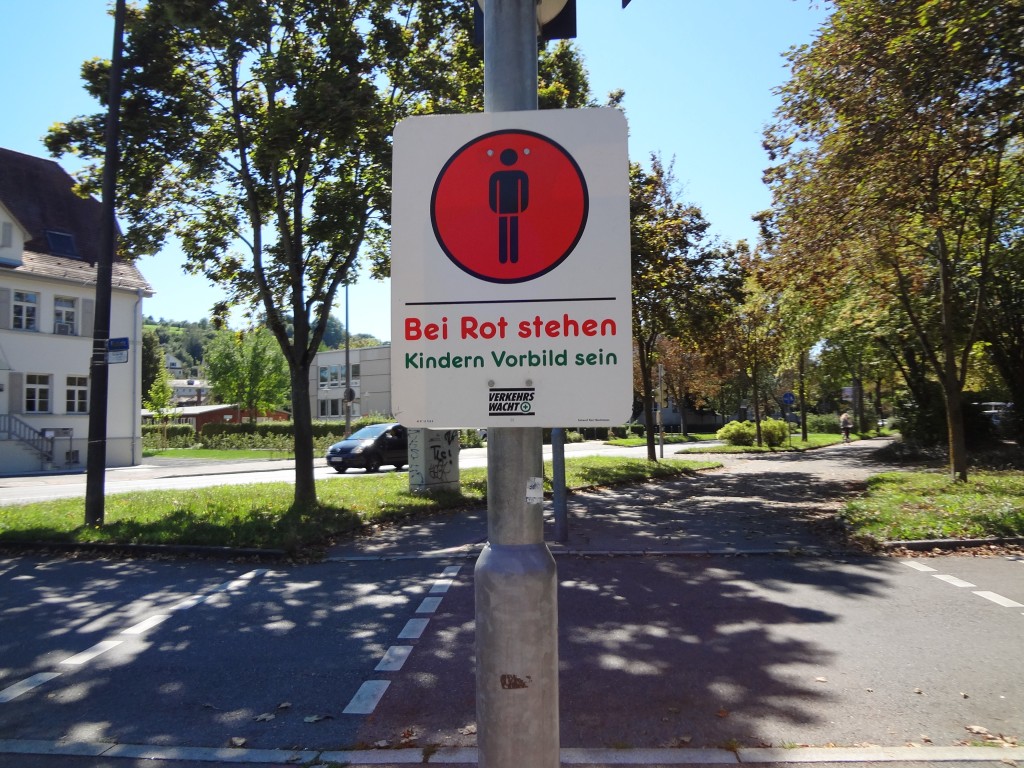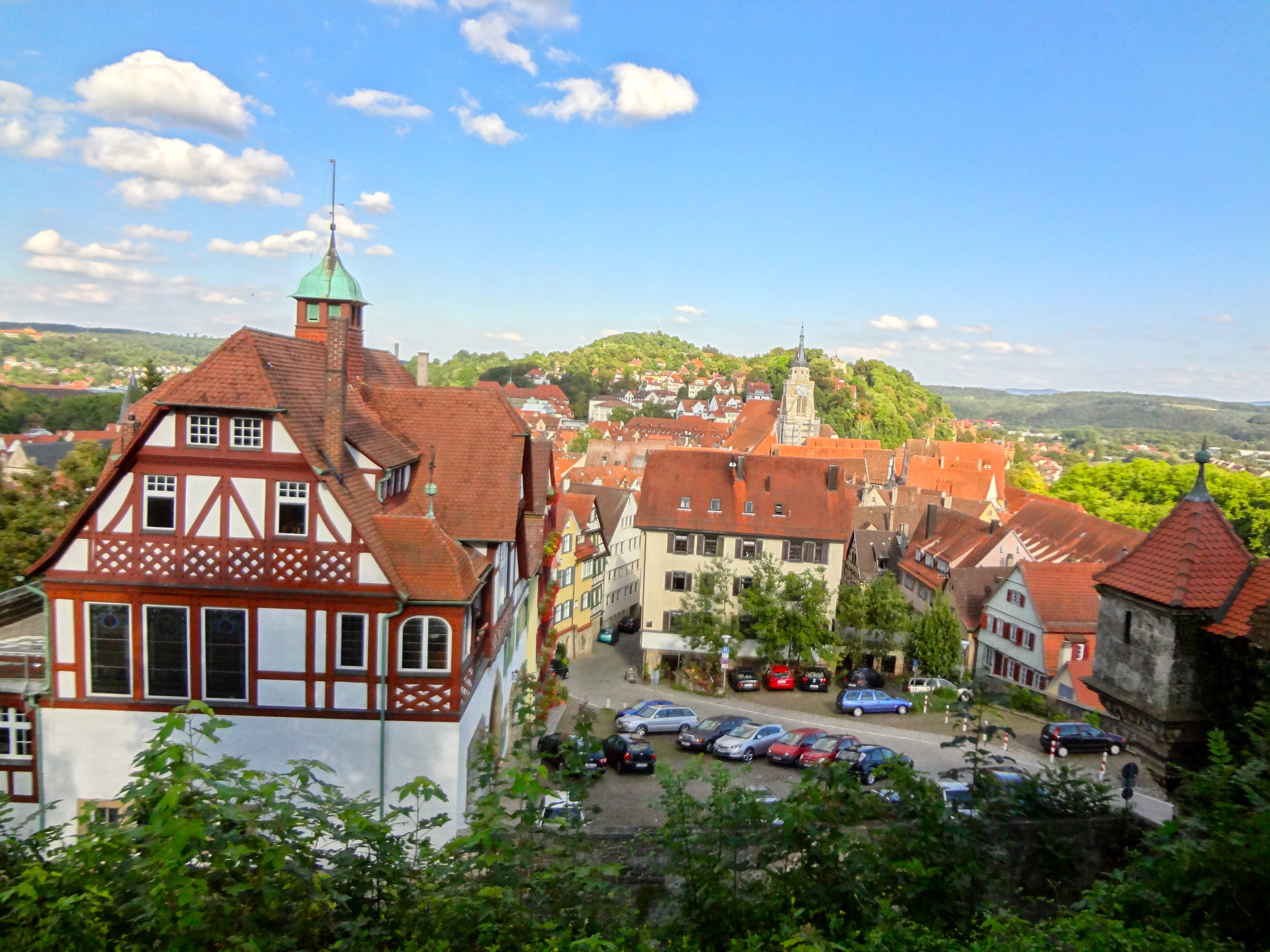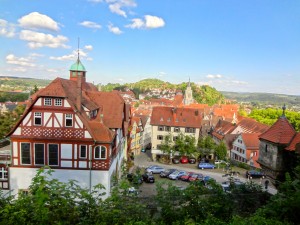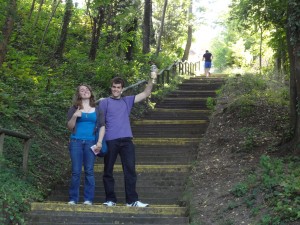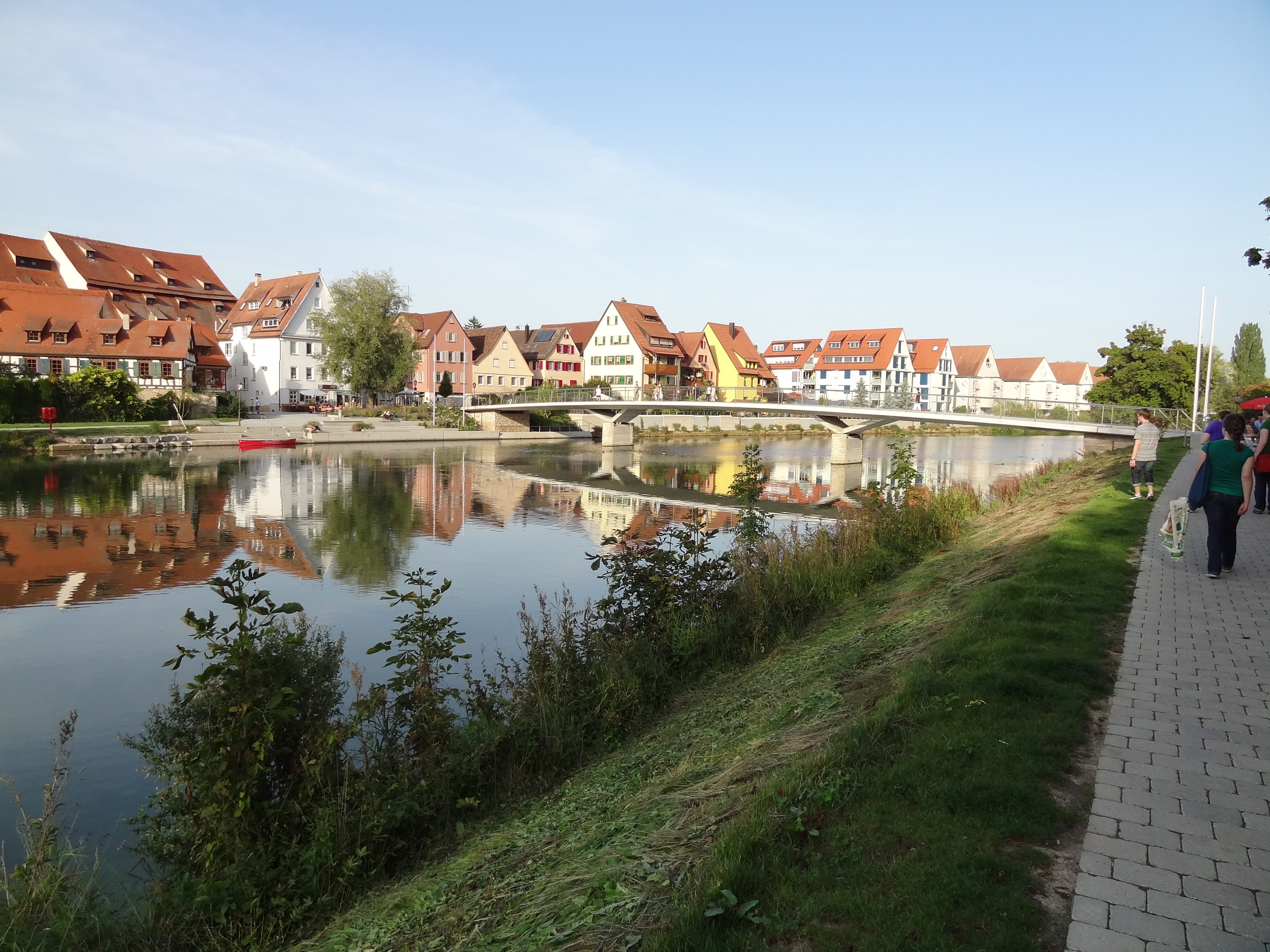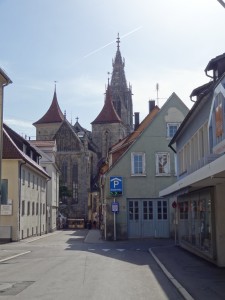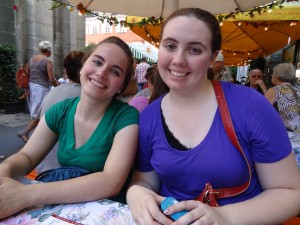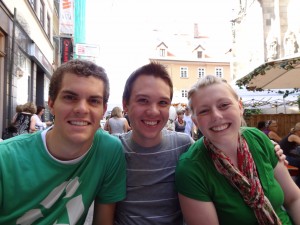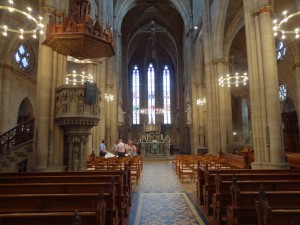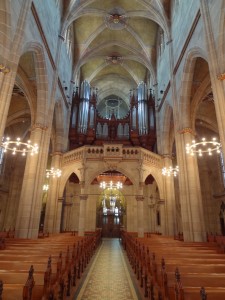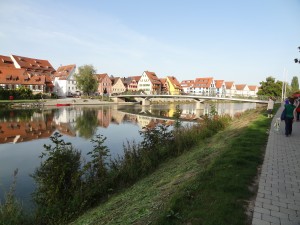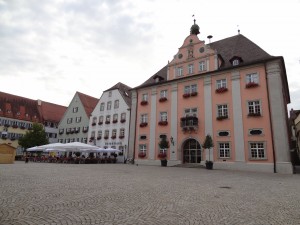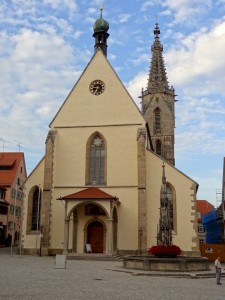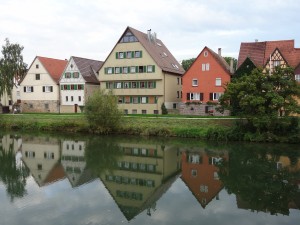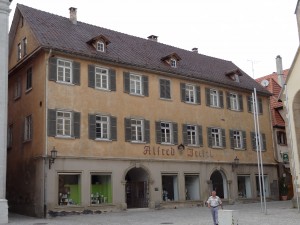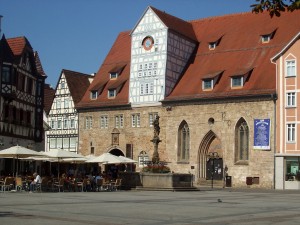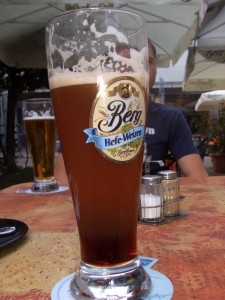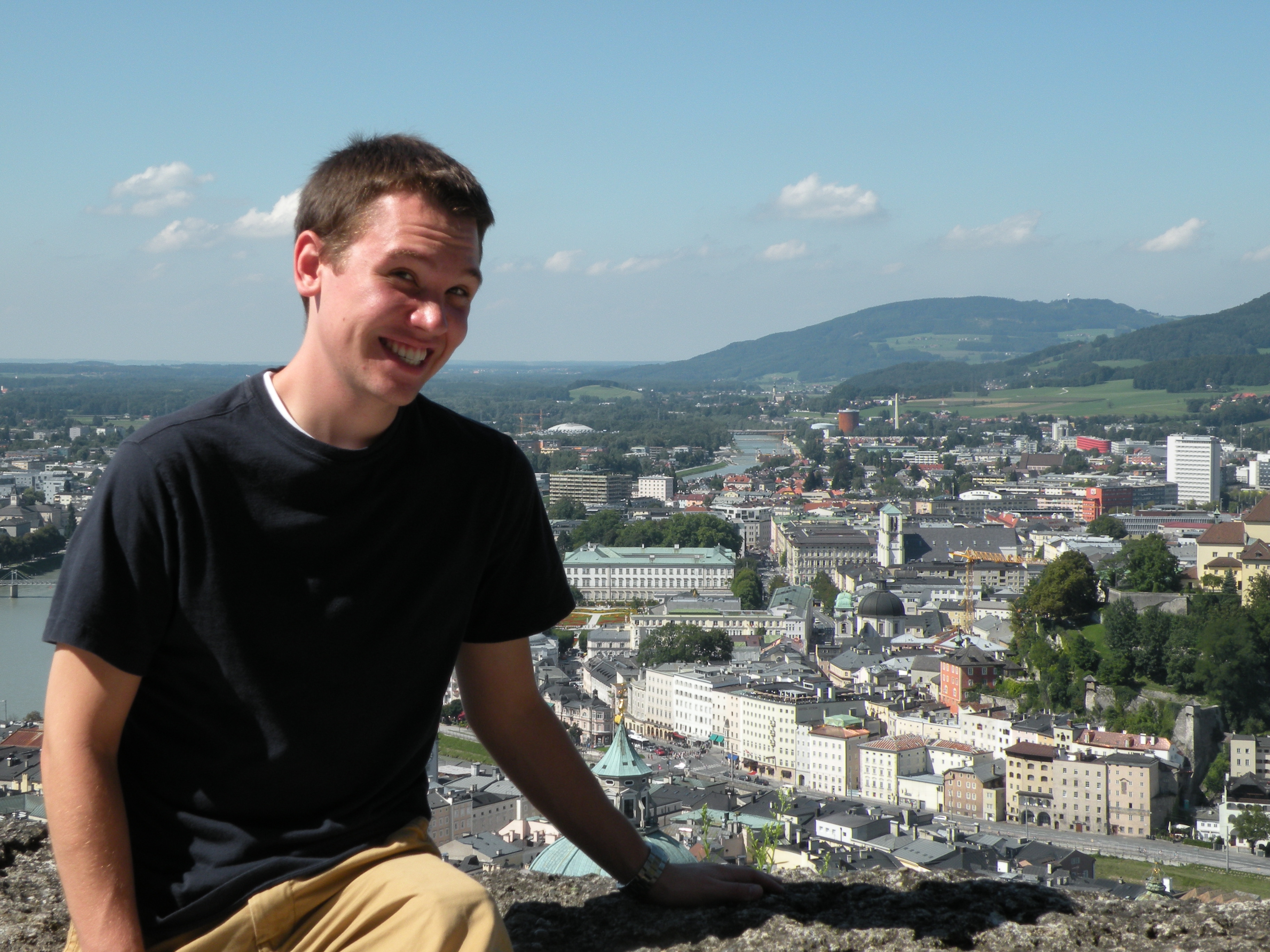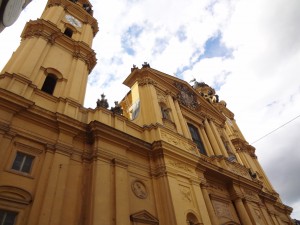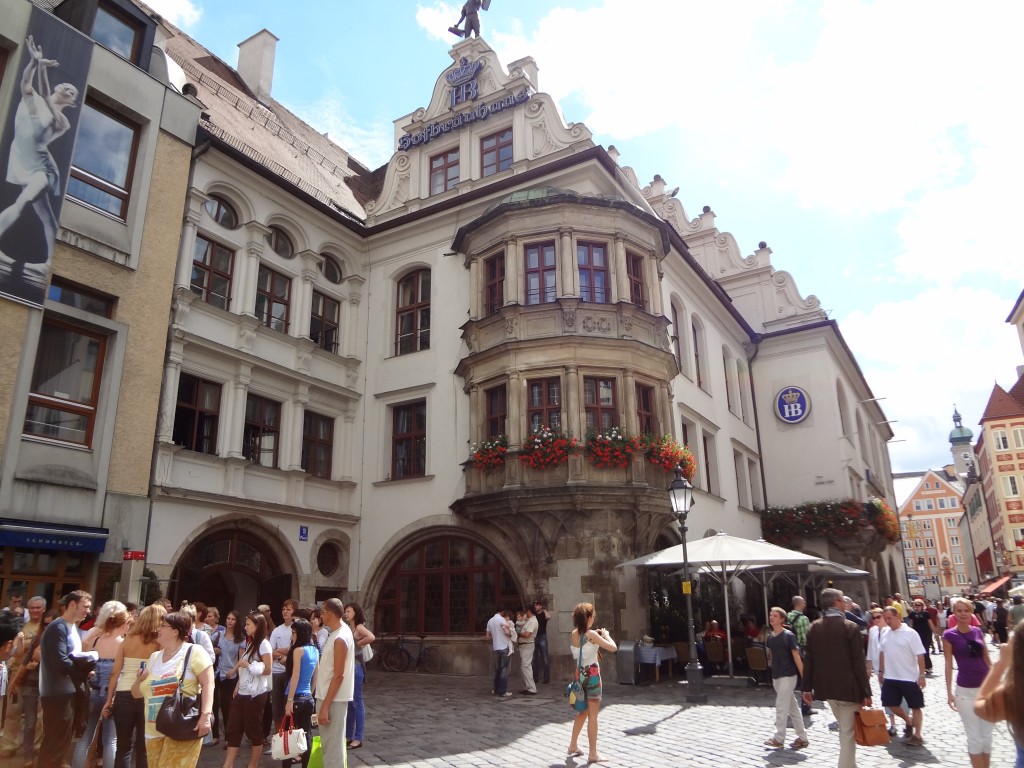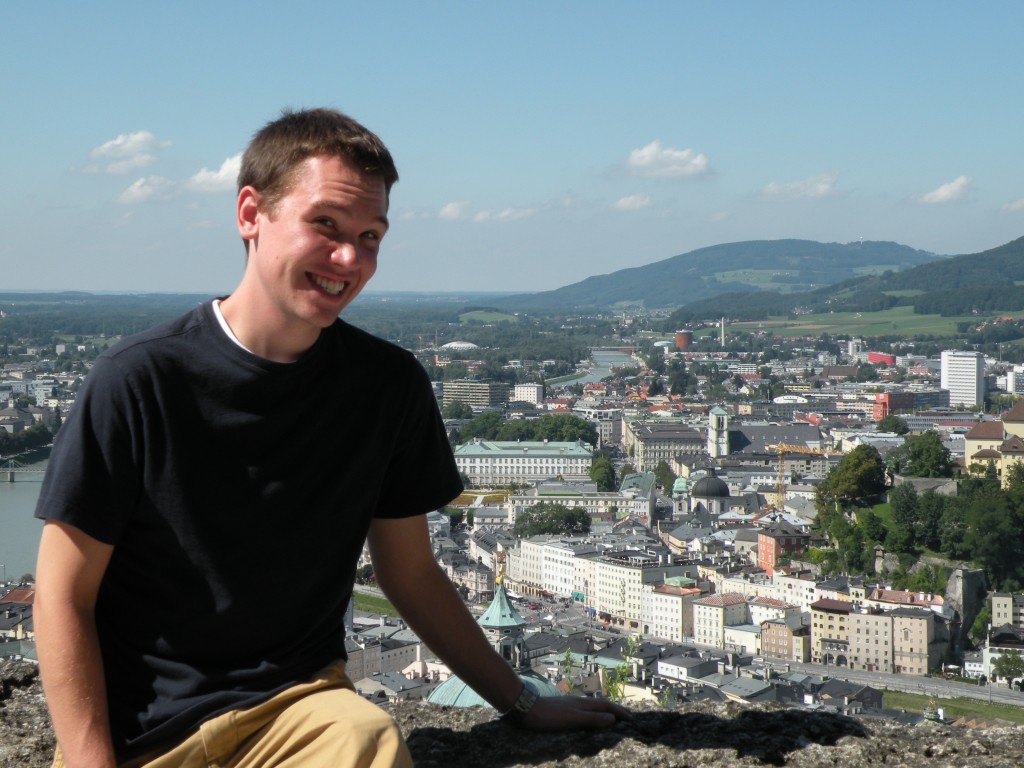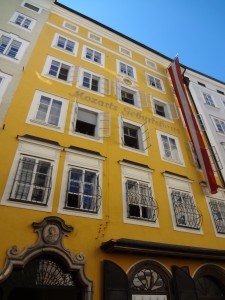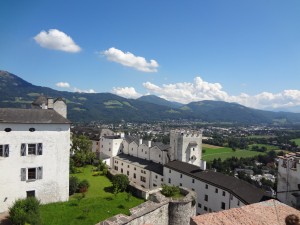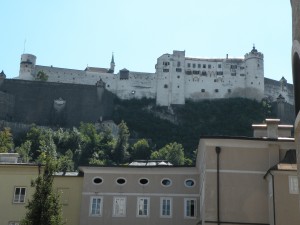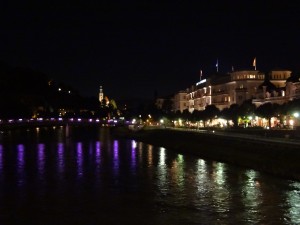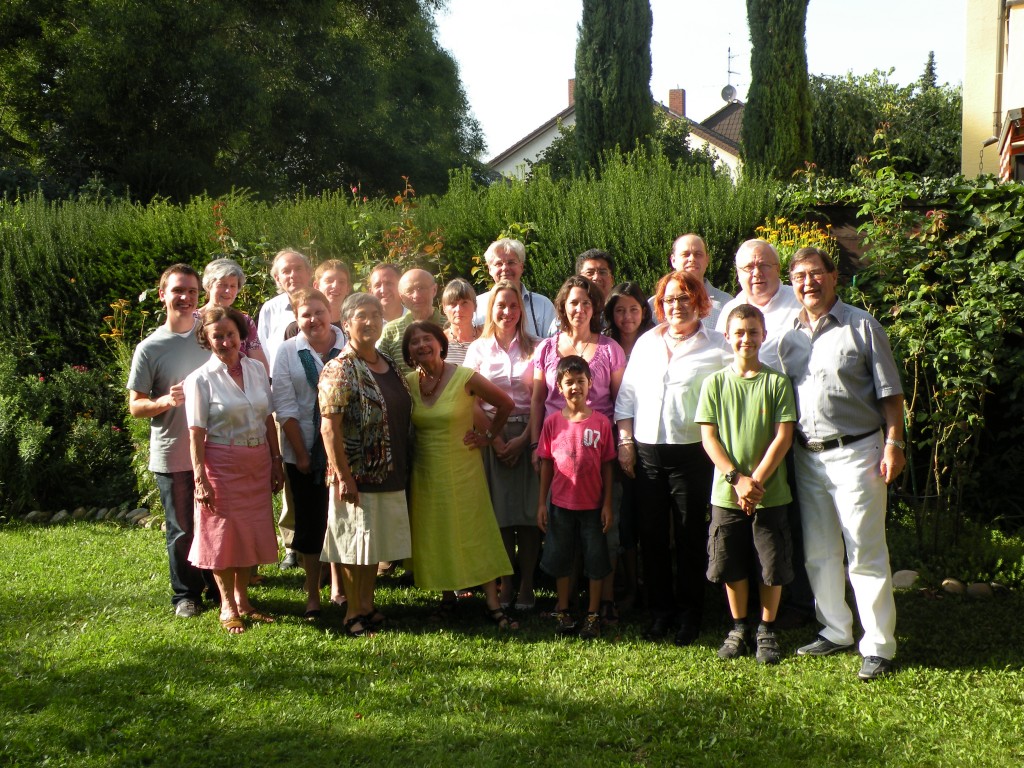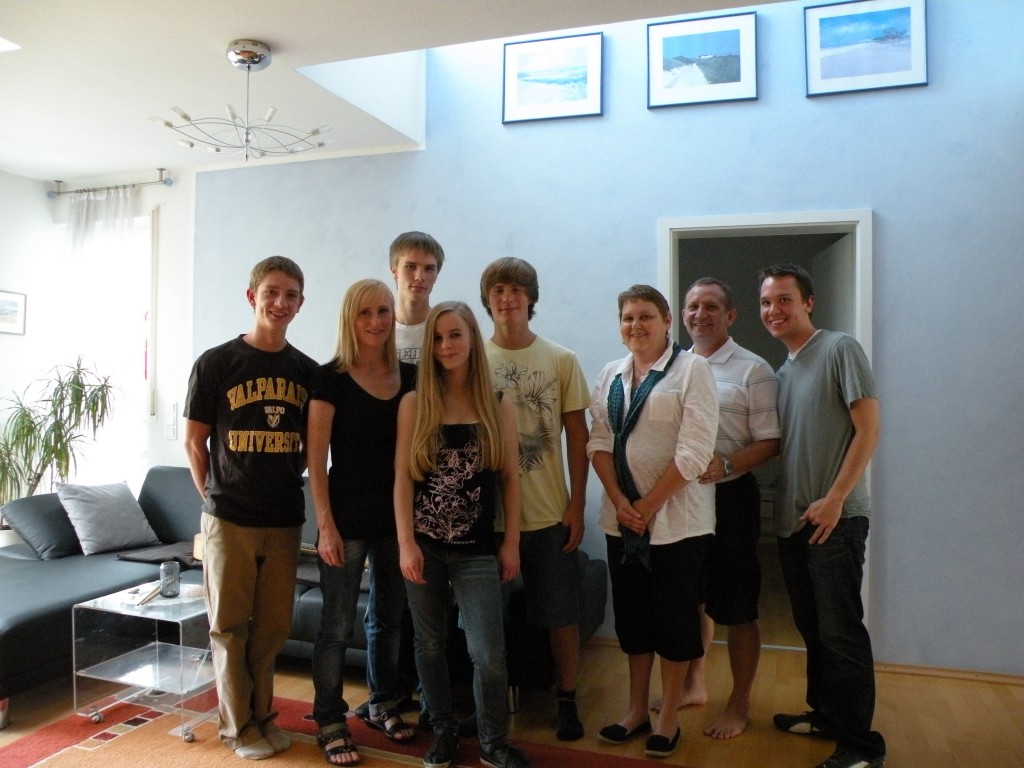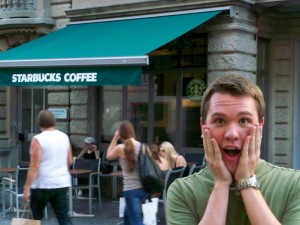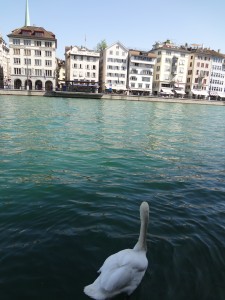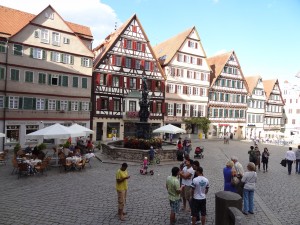The title might be a misnomer. I obviously haven’t visited every city in the world. But I’ve traveled a lot, and by far the coolest one I’ve seen is Berlin. The Reutlingen program brought us to Berlin for a “class” trip for 5 days, and during that time we were able to explore Berlin and learn about all of its crazy and important history and its culture. And even though we didn’t have class per say, just being in that city and touring around and talking to people was so much more informative than sitting in a classroom. So here I’m gonna outline a bit of what we did while there.
We arrived in the late afternoon on Friday, and were set free to explore on our own til the following morning. First order of business after a long train ride was dinner, so we wandered around until we found a typical German restaurant that looked good. Turns out we made the best decision of the day right there, their crispy baked half duck and apfelstrudel was AMAZING. And even despite all the restaurants in Berlin, it was so good that we had to return later that week.
The next morning we met up with Professor Malchow to take a guided tour of the city. During the extremely interesting tour, we got to see the Brandenburg Gate, the Reichstag (the German Parliament building), parts of the old Berlin wall, Checkpoint Charlie, and the square where the famous photos of Hitler speaking to gathered ranks of Nazis were taken, among many many other places. The tour guide also taught us about the deep history of Berlin, from the Hohenzollern dynasty to Nazi dominance and through the end of the Cold War. It was amazing to see all the places where some of the most well-known history actually happened. That night, a few of us decided it would be really cool to go see an opera or a classical concert or something of the sort, so we found that the famous Deutsche Oper (German Opera) was putting on Das Rheingold that night. Which I had seen as part of my German 351 class a year ago broadcasted live from Chicago. But seeing it in person (and in Germany!) was so much cooler.
The next day we took a day (well, afternoon) trip to Potsdam, about a half hour train ride from Berlin. We had heard there was a pretty cool palace there from Frederick the Great called Sansoucci. Pretty cool doesn’t even begin to describe it. We spent about four hours there that afternoon, and didn’t even go inside any of the three gorgeous palaces on the grounds. In my opinion, the gardens themselves are the best part about it. We literally spent all four hours exploring the grounds, and never got bored or ran out of things to explore. It truly was beautiful and amazing (and I took so so so many pictures–you can see them on my Picasa account). In fact, before we left the last day we decided to spend another few hours there.
The next day (Monday) we decided we should actually go inside a few of the sights and museums in the old Eastern part of Berlin, where most of the history is. So we headed to the Berliner Dom (Cathedral), and it was incredibly beautiful. And when we climbed countless steps to reach the top balcony on the outside, we were able to see a lot of the city and overlooked the courtyard where the famous Nazi demonstrations/gatherings were held. Once we finished there, we found some of Berlin’s specialty food, currywurst, which is spicy sausage with sauce served with a roll. It definitely lived up to its expectation. After nourishment, we were on a roll (pun not intended), so we headed to the Reichstag to see if we could get in. Of course they need a reservation 3 days in advance, so we couldn’t.. But we chilled on the vast lawn in front of it for a while. And got a brochure that told us everything we’d need to know about Germany’s Parliament. And on our way back to the hotel we passed by the Prussian Victory Pillar and decided to have a look. Once we finally made it to the top, the view over the big park that surrounded it was amazing. And on our way up we got to see the histories of many important buildings worldwide.
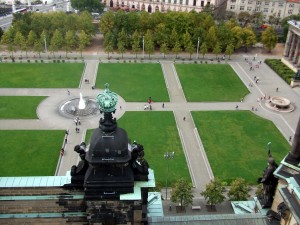
The square that the famous pictures of Nazis always are in. Hitler spoke from the steps on the right.
Our last full day there we visited Checkpoint Charlie as part of our “official” program. It’s really touristy, and not actually as important in the grand scheme of things as America makes it out to be (after all it is the famous American checkpoint, and we’ve got to keep our American pride!) But parts of it still were interesting, and we learned a lot of the history of the wall. I was then going to explore the German History Museum, which is supposedly one of the best museums to visit, but decided a nap was more necessary.. So instead we hit up the Hard Rock Cafe in Berlin after a few hours relaxation. And guess what?? They actually serve free tap water if you want it! Nowhere else in Germany does! It was a little taste of home in a huge foreign city.
Since it was our last night there, a few of us grabbed some drinks and went to sit in a market square to listen to street musicians playing and watch fire twirlers twirling. And nothing made it better than seeing the beautiful architecture lit up at night on the side of the Spree river, along with the culture all around us. Despite us not taking part in Berlin’s great nightlife like we did almost every other night, it was a great relaxing way to have one last hoo-rah in the cultural center and mix of Germanic outdoor eating and relaxation with deep history and with a big city, the great mix that makes Berlin the coolest city in the world.
Like I mentioned earlier, after seeing Potsdam again, we headed away from Berlin the next day (much to everyone’s sadness. The theme of our lives right now is that we still want to be in Berlin). But to hear about our next two days of adventure before making it back to Reutlingen you will have to wait til the next post! Bis dann!
